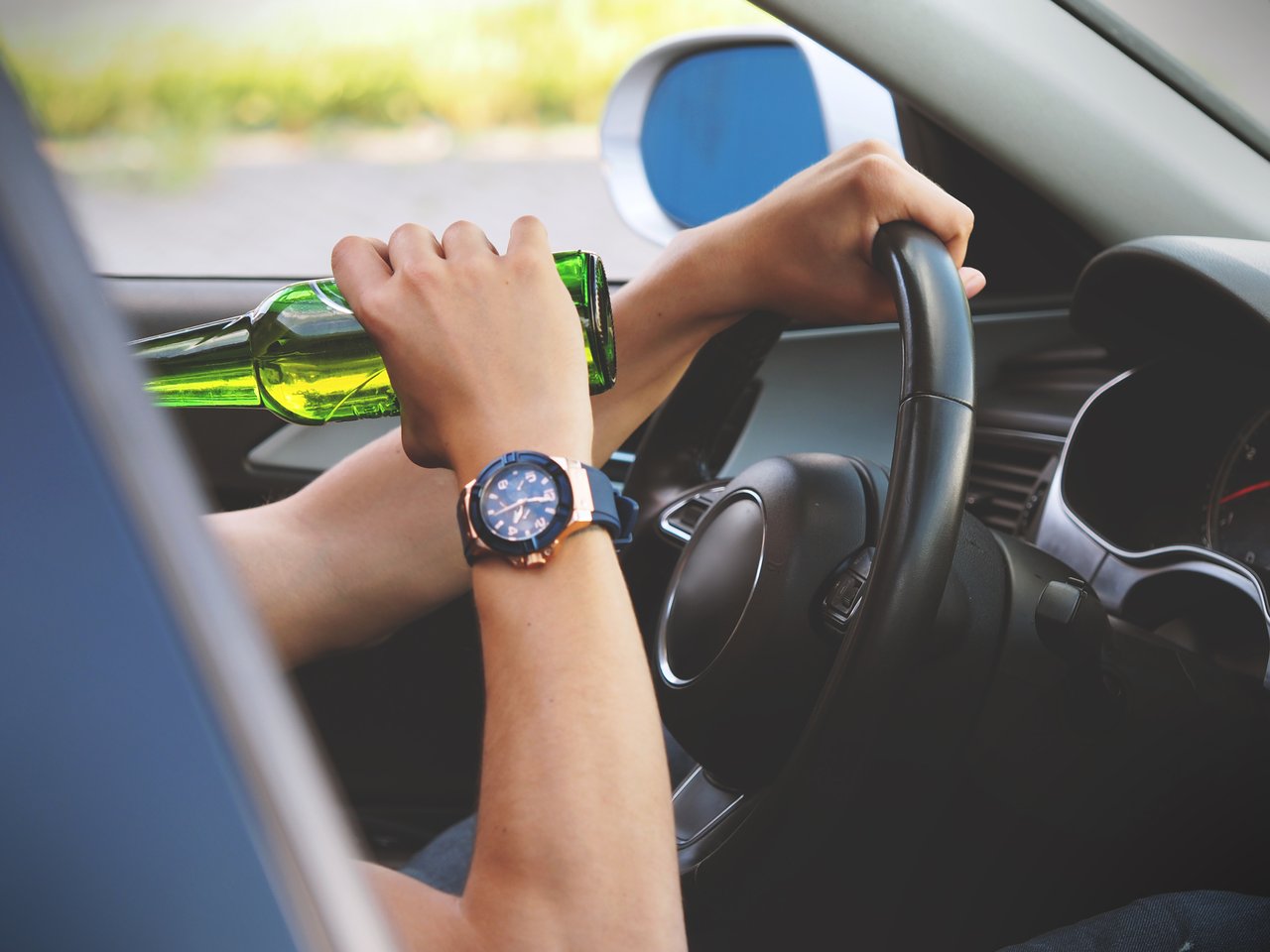
How To Challenge A Breathalyzer Test Result

There are certain requirements associated with a breathalyzer test to ensure that the test results are reliable. DUI/DWI charges can result in serious penalties and consequences for accused individuals which is why they should understand the evidence against the, as well as how to defend against drunk driving charges.
A breathalyzer test may be used to determine if the accused individual is driving under the influence. To be considered reliable, certain procedures must be following to ensure the accuracy of the breathalyzer test and if the results are not considered accurate, it may be possible to challenge the drunk driving charges the accused individual is facing.
Breathalyzer tests must be properly maintained and calibrated and those administering them must also be properly trained to do so. Requirements include that the breath test device must be on a list of acceptable devices; the breath device must be properly maintained for accuracy according to set intervals; the party, usually a police officer, administering the breath test must be trained and certified in the use of that particular breath test device; and the party administering the test must administer it according to their training.
In addition, if the accused individual burps, regurgitates, eats or vomits immediately proper to the administration of the test, the test results may not be considered accurate. To be considered reliable, the breath test must capture two measurable readings that are within .02 of one another. If any of these procedures are not followed, or requirements are unmet, it may be possible to challenges the results of the test and the admissibility of the evidence being used against the accused individual.
Drunk driving charges may be built around breath test results being used against the accused individual. As a result, accused individual must be familiar with criminal defense strategies and options to protect themselves.












